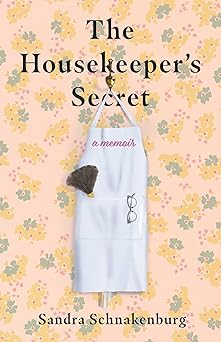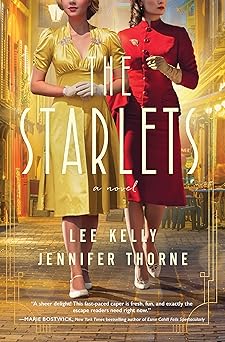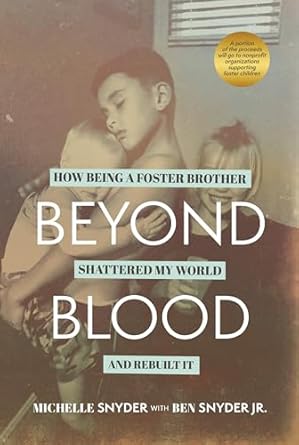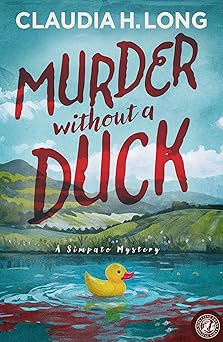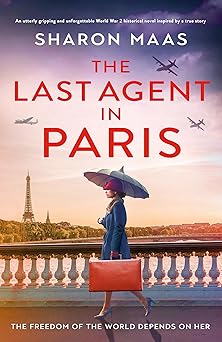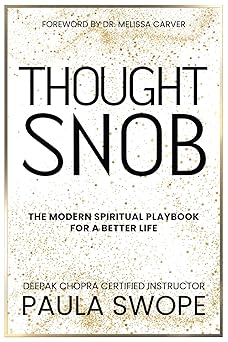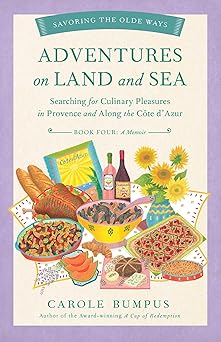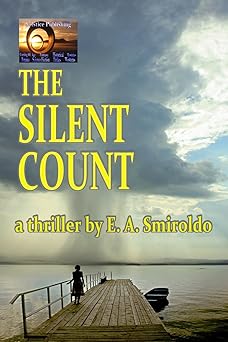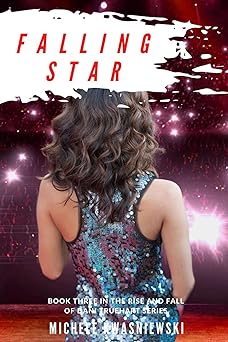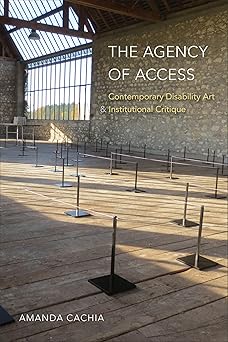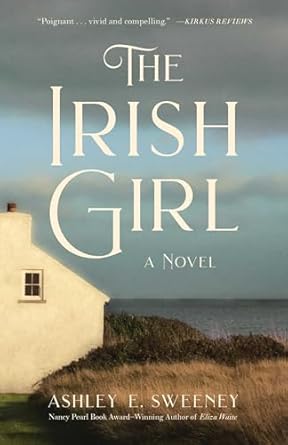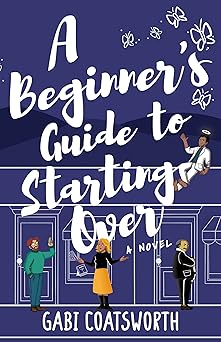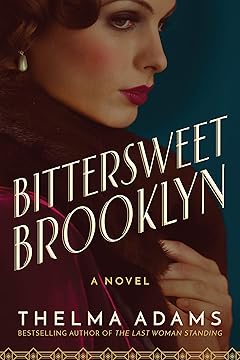An Interview with Judy Stone, MD, author of RESILIENCE
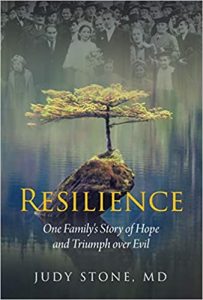 Dr. Stone is the daughter of Hungarian Holocaust survivors. Her book RESILIENCE is a study in human contrasts: kindness and callousness, tolerance and hatred, humanity and cruelty. During World War II, hundreds of thousands of Hungarian Jews suffered prejudice and discrimination, oppressive segregation, and wholesale murder at the hands of the Nazis.
Dr. Stone is the daughter of Hungarian Holocaust survivors. Her book RESILIENCE is a study in human contrasts: kindness and callousness, tolerance and hatred, humanity and cruelty. During World War II, hundreds of thousands of Hungarian Jews suffered prejudice and discrimination, oppressive segregation, and wholesale murder at the hands of the Nazis.
But like the flower that grows out of a rock—bringing solace to a battered but not yet broken soul—Stone’s family members clung to a seemingly impossible hope that they could endure.
In Resilience, Stone reveals how her family survived these monstrous times and slowly rebuilt their lives, focusing on their inner strength and the good people they found.
This book not only provides testimony about the horrors of the Holocaust but also offers readers a connection to the rich heritage of Jewish life in Europe that has been largely lost.
INTERVIEW WITH JUDY STONE
You grew up in the shadows of the Holocaust and the effects it had on your family. How did the Holocaust shape you as a daughter and mother, as a Jew, and through your career as a physician and author?
Even though my parents never spoke about the Holocaust when I was growing up, it has always cast a shadow over my life—whether I was conscious of it or not. As a child and young adult, I didn’t know much about the losses my mother had suffered, so I didn’t understand why she was so impatient with me. She seemed to show her nurturing side more to others than to me, which was painful.
When I became a mother myself, it was hard to balance being proud of my Jewish heritage with worrying about antisemitism. For example, when my son was born, I felt an unspoken pressure to have him undergo ritual circumcision. However, I decided against it, partly because I wanted him to be able to hide that he was Jewish if he ever needed to. Fear is a relentless legacy of the Holocaust.
Most important in my life were the values my parents passed on—especially trying to be kind and taking care of people less fortunate than ourselves. That’s part of what led me to practice medicine in Cumberland, Maryland, a rural, underserved area with a large indigent population, and to always see patients regardless of their ability to pay. In addition, I often highlight social justice issues and disparities in my writings and talks.
We are now more than 70 years removed from the Holocaust. Why is it vital in your opinion that Americans continue to be educated about the Holocaust?
Today, many people are unaware of the Holocaust. According to a 2018 survey by the Conference on Jewish Material Claims against Germany, two-thirds of millennials could not identify what Auschwitz was, and 1 in 5 said they hadn’t ever heard of the Holocaust.
If people don’t know what happened to Jews and other marginalized groups during World War II, they cannot possibly see the parallels between what happened in Europe then and what is happening in the world now. We must encourage people to learn from history and understand the parallels so we do not make the same mistakes we did in the past.
What parallels do you see between the current rise of nationalism and the events of the 1930s that led to genocide?
People need to remember that the Holocaust began incrementally, not with mass killings. Here are just a few of the parallels I have observed in our country and around the world:
- The rise in nationalism and isolationism leads to distorted “us versus them” thinking, and anti-immigrant restrictions.
- The mainstream press is vilified as “the enemy of the people” and called “fake news.” The government can control which reporters have access to information (e.g., Jim Acosta’s White House press pass was suspended). Propaganda is encouraged rather than independent journalism. Dissenting voices are squashed.
- “Othering” and hate crimes have escalated.
- Many people seem to have an increased tolerance of cruelty, such as migrant children being separated from their parents and placed in unsafe detention centers, where several deaths have occurred.
- There is an increased acceptance of authoritarianism.
Similar events happened in Europe in the 1930s, but the rest of the world did little in response. In fact, many people today are unaware that Germany opened its first “concentration camp” as early as 1933. This was six years before the start of World War II and eight years before the United States finally entered the war in 1941—which is the same year the Nazis ordered the mass murder of Jews. History clearly shows us what can happen when we tolerate “lesser offenses” and those in charge are emboldened to pursue their hateful agendas.
Your family members were resilient, yet the story makes clear that they were tormented by the pain of loss and undercurrents of fear throughout their lives. Could anyone truly recover from the horror of the Holocaust?
I can’t imagine anyone recovering completely after going through the Holocaust. I do know of a few survivors who say they harbor no ill will (such as Eva Kor, who chose to forgive the Nazis), but how they do that is beyond me.
Most of my family members made remarkable recoveries from their trauma, and they seemed unscarred to the people who met them or knew them only casually. However, much of their outward appearance was a façade—underneath was a deep pain that even we children didn’t understand.
Shortly before your mother’s death, she asked you to preserve and pass on the family’s remarkable story of suffering and survival. Why do you think she waited until she was in her 90s to make that request?
My mother realized that she was nearing the end of her life. Yet she wanted to continue to have an impact. And I think she wanted to feel that she, in her own way, could still defeat the Nazis.
As people reflect at the end of their life, they often realize what was special or unique about it. My mother wanted to feel that her life mattered and that her story was worth telling.
Your closest bond was with your aunt Klari, who owed her life to a Hungarian guard who hid her within his own family. This man later betrayed her in a most intimate way. Did this violent betrayal affect her ability to trust others, even those who tried to help her?
I was very close with my aunt Klari, but even though we had a very warm and loving relationship, she kept secrets from me and her family. However, I don’t know if that was a matter of trust, if she was trying to protect me, or if she was still in denial after all those years. If she didn’t speak about the betrayal, she could almost forget it ever happened.
I did notice that Klari was always somewhat withdrawn and cynical. Yet she found great joy in helping others, as she did when making quilts for AIDS babies.
Kati, another aunt, was taken to Auschwitz with her father, Mór, and grappled with disbelief and guilt over his death. How common is survivor’s guilt for Holocaust survivors?
Survivor’s guilt is quite common after any such trauma. But Kati’s survivor’s guilt was not as much about her father as it was about the boys whose hiding place she naively disclosed and especially about the woman who changed places with her in the barracks at Auschwitz so she could be with her sister, my mother. She still sometimes speaks of that. But I’m convinced that what keeps Kati so vibrant now is her speaking to students and educating them about bullying, intolerance, and the Holocaust.
Antisemitism and intolerance of all forms are on the rise in Europe and the United States. What can we do to stop this? Is it harder to impart the lessons of the Holocaust now that so many of its victims have passed away? Is it more important than ever that their stories be shared in books like yours?
Education is key. People, especially the younger generation, need to learn what happened in the past and understand that history can repeat itself if we’re not vigilant. They also need to get to know those who are not like themselves because it’s harder to hate people whom you know. For example, my family lives in a very homogeneous community. So my husband and I got an out-of-district permit for our kids to go to the most diverse school economically and racially. They have also traveled with me to meetings and have met people who were very different from those in their hometown.
Just as children might be taught to hate, they can learn to be accepting of people who are not like them.
It has been getting harder to keep the lessons of the Holocaust alive since there are so few survivors today. Most of them are child survivors who don’t remember as much or were hidden children.
That’s why books about the Holocaust are so important: they can tell the stories of those who have passed on. And since everyone’s story is unique, every book adds to the overall narrative.
After the Holocaust, some survivors embraced and found comfort in their religion while others rejected Jewish identity and traditions. Members of your family took either of these paths. What do you think determined which path a person took?
I can understand why some people in my family gave up their religion. After all, how could G-d allow the events of the Holocaust to occur?
I’m not sure why others clung to their religion. Perhaps they felt they were honoring their parents by being observant.
Many people find comfort in rituals and traditions. For example, I am not a devout Jew but still like the music and the rituals, such as saying the mourner’s Kaddish. I find them comforting.
Every book about the Holocaust includes painful and tragic stories, yet yours makes it a point to focus on resilience, hope, and triumph over evil. Why did you choose to frame your family’s story this way?
Of course the Holocaust affected my family deeply, but it isn’t the only thing that defined them. I wanted to share the complexity of their relationships, showing them throughout their lives and how they changed. It is important to remember that they were not just victims but triumphant survivors who went on to create fulfilling, successful lives, careers, and families.
The focus on resilience came from the evolution of my understanding of my family as I learned more about them and gained a better appreciation of what strong people they were and all that they had overcome.
Also, Kati’s teachings focus not only on not being a bystander and standing up to hate but on good people. She also models for others that despite enormous obstacles, people can often go on to improve their lives. For example, she said that speaking at the Nebraska Correctional Center for Women was the most gratifying event for her, as the women saw that they could have fulfilling lives in the future too.
Is the Holocaust a central, identity-defining event for younger generations of Jews? How do younger members of the family further removed from the direct victims relate to it?
That depends, in part, on how directly their families were impacted. For many younger Jews, the Holocaust is more of an abstract idea than a defining event in their families.
For my daughter, her family’s willpower and strength during the Holocaust are a source of pride. She is also able to bear witness in a way that is more personal than for those who have a less direct connection to the events of the past. She also sees how her family members’ experiences relate to current events, which is why today’s ICE detention camps are so horrifying to her.
Some younger Jews who have Holocaust survivors in their family feel a great empathy toward other victims of violence and hate and understand the long-term effects—more so than many of those who don’t have that connection.
Why did you decide to donate the profits from the sale of this book to organizations that promote Holocaust education?
This book was the fulfillment of a promise to my mother that her suffering and that of so many other Jews would not be forgotten. Donating the funds to organizations that promote Holocaust education is one of my ways of paying it forward.
—
JUDY STONE, MD, is the daughter of Hungarian Holocaust survivors and a physician specializing in infectious diseases. She is a Forbes Pharma and Healthcare contributor, the former Molecules to Medicine columnist for Scientific American, and the author of a nationally established textbook, Conducting Clinical Research: A Practical Guide for Physicians, Nurses, Study Coordinators, and Investigators. A graduate of Washington University in St. Louis, Missouri, she completed medical school at the University of Maryland, residency at Rochester General Hospital in New York, and fellowship at West Virginia University. She spent 25 years in solo practice in rural Cumberland, Maryland, and now cares for patients part-time as a substitute physician. Along with her commitment to physical healing, she has an avid interest in oral history and Holocaust education. Through telling her family’s remarkable story, she hopes to teach tolerance and contribute to making the world a better, more peaceful, and more just place.
Follow her on Twitter @DrJudyStone
Find out more about her on her website www.drjudystone.com
Category: Contemporary Women Writers, Interviews




